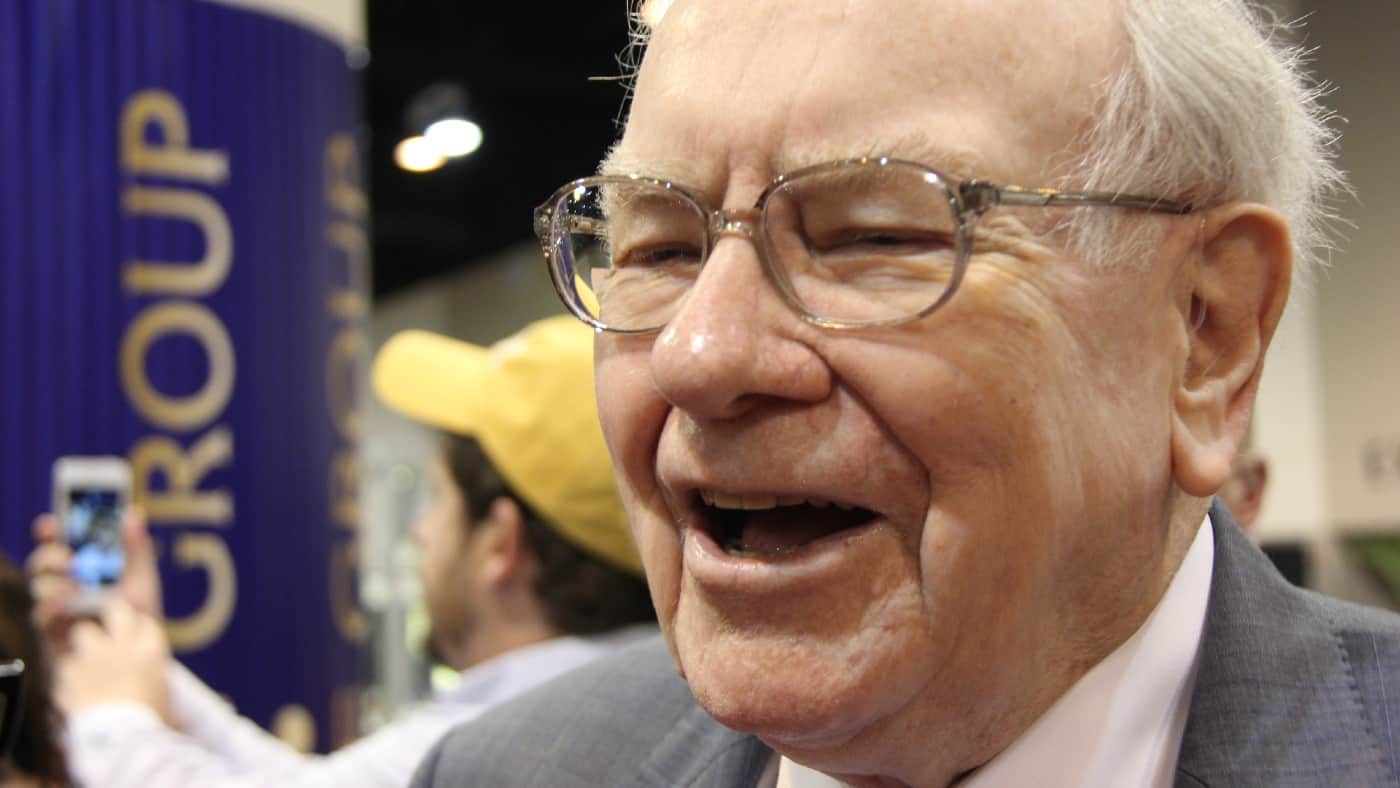Today, Warren Buffett is one of the most successful investors in history. But at one point, even Buffett was new to investing.
I think as an investor I can learn a lot from his career. If I wanted to start investing for the first time, I would not try to reinvent the wheel. Instead, I would invest following some of the principles that have made Buffett wildly rich.
How Buffett invests
A lot of new investors get mesmerised by the image of numbers and prices flashing constantly on a bank of screens. They mistake activity for productivity.
By contrast, Buffett has said that it would not bother him if the stock market closed for a decade. Understanding why he feels that way is an important insight into his investing style.
The ‘Sage of Omaha’ does not see shares as mere pieces of paper selling at a certain price. Rather, he thinks about them as tiny stakes in a business. So he does not own shares like Coca-Cola and Apple because he expects their price to jump suddenly, allowing him to cash in. Instead, Buffett is happy to own shares in great companies for decades.
That is because success can breed success. Ideally, the longer a strong business model has to operate, the more lucrative it can become. Rather than cashing in, Buffett likes to hold shares for the long term. As a long-term investor, he can benefit if his analysis of a company is correct and its performance over time reflects some underlying strengths.
Finding shares to buy
That is the approach Buffett takes when buying whole businesses, sometimes for billions of dollars.
I am not going to be doing that. But, like Buffett, I can buy shares in the stock market. He is an active investor in shares. Despite my tiny resources compared to Buffett, I also can use his principles to choose shares I want to buy for my portfolio.
Buffett owns shares in some great businesses. But he also understands an important lesson many new investors learn only through a costly mistake. A great business does not necessarily make for a rewarding investment. It is also important to buy at an attractive price.
What that price will be depends on a few factors. Investors need to get to grips with some important financial factors. A company can be highly profitable, for example, but also have a large debt pile that threatens to eat into profitability. That is the case at Vodafone, for example.
But even a debt-free and highly profitable company can be overpriced. So Buffett looks at what excess cash he expects a company to generate in future, then discounts for its debt and the cost of tying money up in shares for many years. If he thinks the underlying valuation is still significantly higher than the current share price, he may invest. I take the same approach when hunting for shares to buy for my portfolio.








